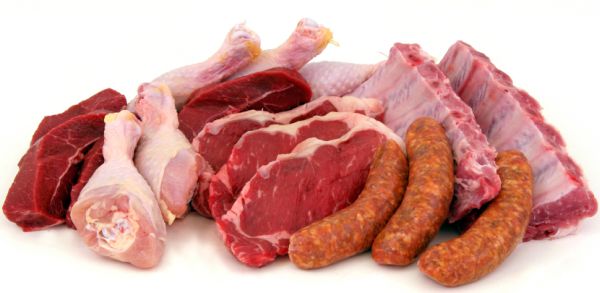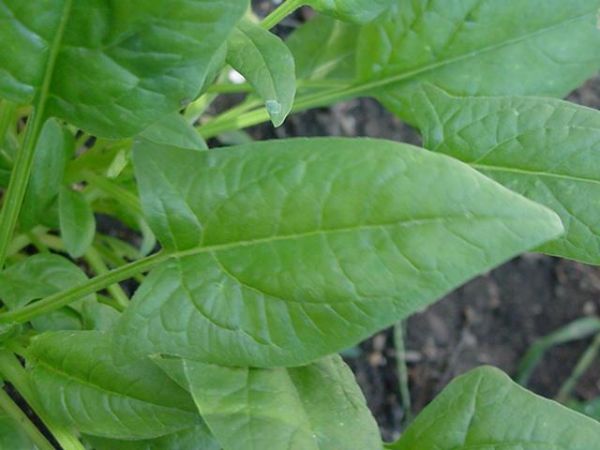The trend towards turning to vegetarianism is on the rise owing to its manifold environmental and health benefits. More and more people are making the switch chiefly with an aim for preserving the Earth’s natural resources. People have become all the more aware of the devastation, which the meat and fish industry is creating on the environment.

Prevent environmental degradation
The meat and fish industry largely contributes to issues of loss of biodiversity, water and air pollution and water shortage, together with climate change and land degradation. These industries are indeed the greatest contributors of serious environmental issues at every scale ranging from local to the global. Many environmentalists are of the opinion that large-scale poultry and meat production are harmful for the environment as these results to issues with overuse of antibiotics, water disposal, water quality and other concerns.
Vegan diets are made with ingredients such as vegetables and fruits that need fewer resources for production. On the contrary, we need ample resources to produce meat, fish or poultry for our consumption. Such a process includes things, such as feeding, watering and the animal processing, and it consumes excessive non-renewable energy that takes a toll on the environment. No wonder, green cuisines are widely being adopted around the world.

Major environmental impact occurring from the meat industry
Animals are fed with growth hormones, pesticides and GMOs thereby making this an unsafe choice. Meat production consumes an intolerable quantity of fresh water. It takes about 100 times more water for producing beef compared to wheat. Thus, if we produce and eat less meat, it will lead to less water pollution and surely contribute towards a better, healthy environmental.
Mass agriculture of what the world is presently practicing is contributing towards a large scale of deforestation, water and air pollution, land degradation, loss of topsoil, landslides, climate change and overuse of resources such as water, oil and bio-diversity loss. Animal agriculture also causes global warming, contributes to greenhouse gas emissions and waste of land. A vegetarian diet needs about 300 water gallons each day for production while on the other hand meat-eating diets needs over 4,000 water gallons each day.
Summary:
Switching to vegetarianism can cut down our carbon footprints, enabling us to tread lightly on the planet as well as being compassionate towards its inhabitants. Whether we become vegetarian for our health, the environment or for animals, we the power of changing the world by simply changing what is there on our plate.




